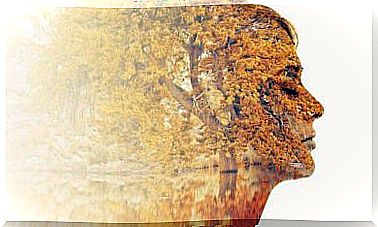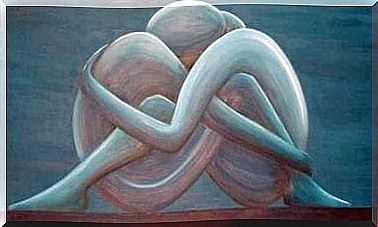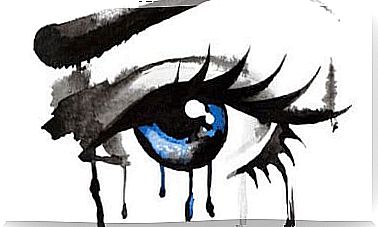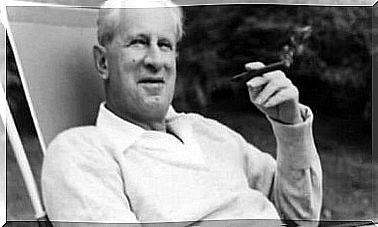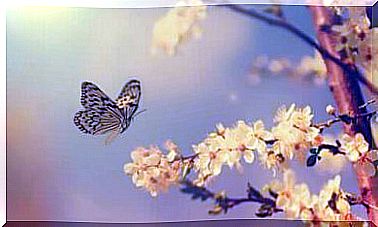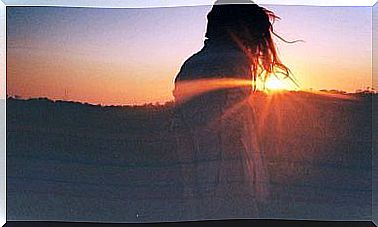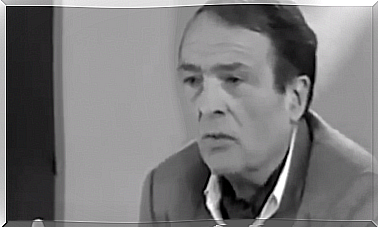The Lion King: Awakening Nostalgia
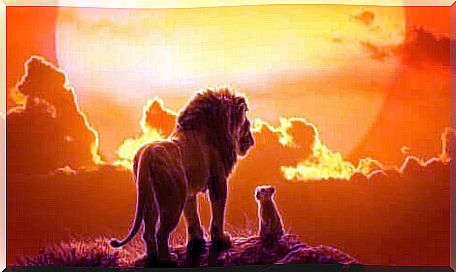
Disney got a taste for playing with nostalgia, making remakes of those films that delighted those who were children in the 90s, at the time that some call the “Disney Renaissance”. An audience that, without a doubt, goes to movie theaters with the objective of returning to the past, even if it leaves annoyed when the remake does not live up to what was expected. One of the last features released is also one of the most loved by these new adults: the Hamlet of our era, The Lion King.
The period between 1989 and 1999 was a glorious one for Disney Studios. It was in this decade that classic titles such as Mulan, Tarzan, Hercules, Beauty and the Beast, The Little Mermaid and, of course, The Lion King made their debut .
Disney had boosted their productions, making high-quality movies that even adults could enjoy. These feature films appeared at a time before the new technologies, but with enough advances to take the magic of animation to levels never reached before.
Children’s entertainment came from these productions. The internet was still a fantasy of the future and the movie experience was absolutely thrilling.
Among all these films, The Lion King shines with a light of its own. It’s a feature film loved by everyone, no one is capable of hating it and we can only surrender to it. This fascination turned the story into a musical that continues to fill theaters and, as expected, Disney Studios decided to do a remake.
How is this new version of the classic? What updates did the old movie undergo? We will see below.
Why a remake ?
To answer this question, in this specific case, we could simply say: because it is profitable, very profitable. However, the situation can be considered a little more complex.
It’s true that audiences flocked to movie theaters to watch their childhood classic, but it’s also true that we tend to be very critical – sometimes unfairly – with remakes.
This case has one more peculiarity. While in other Disney classics we can find discrepancies among the audience that authorizes the creative freedom of filmmakers, there is a certain unanimity with The Lion King.
For many, it is one of the best Disney movies. For others, it’s the best feature by far, and it can even be found in lists that don’t just include animation works.
Thus, nostalgia and the most absolute devotion play against creative freedom. In other words, The Lion King somehow becomes untouchable. There is no option to modify it, change it or embellish it. Any element added – however well-intentioned – will be susceptible to criticism.
The reasons that can lead a studio to make a remake are very diverse, from telling the story from another point of view to updating its values, going through an intentional departure from the original.
Here, the interesting point is that The Lion King is itself a remake or adaptation of Hamlet that, transported to the animal kingdom, presents something very similar to the work of Shakespeare.
After seeing the 2019 version, we realize that its creators were very aware of how difficult it would be to change the classic, and they remained very faithful – even in excess – to the original.
In this sense, it is worth asking what was the need for a remake. Was it nostalgia? Give new adults back their childhood? Or maybe the only motivation was really financial?
In any case, the film delivers what it promises. The audience went to the movie theaters and got carried away by the nostalgic element, very well supported by the soundtrack that rescues unforgettable themes from the original feature.
The work also turns into a film with great visual quality, but which we will probably forget in a few years. Maybe it was expendable, it doesn’t show anything new, but we didn’t want anything new either, but this journey promised to the most tender childhood.
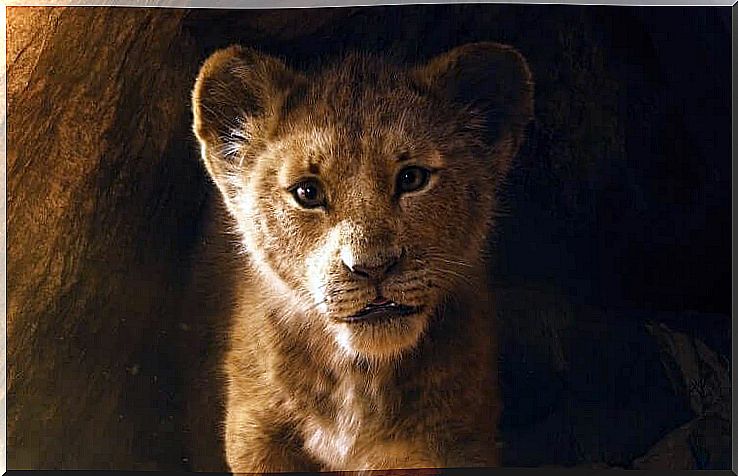
The mark of Hamlet
As we have already mentioned, The Lion King is inspired by Hamlet. The similarities are evident, but they were put on stage in a kinder tone and closer to the children’s audience.
Hamlet was very innovative in his time, he went deep into the characters and the psychological aspects, something that broke with tradition. Tragedy has enormously influenced universal literature, and there is no doubt about its role as a classic.
O Rei Leão, in addition to using this work as a reference, focuses on the emotions, feelings and motivations of its characters. Thus, it traces a story that, despite being narrated by animals, is deeply human.
Shakespeare was not just talking about revenge in Hamlet, but about human nature, drawing characters that gave rise to an infinity of analyzes from very different perspectives.
In O Rei Leão, we get to know Mufasa better and go deeper into the relationship between father and son, greatly justifying revenge and gaining the children’s empathy.
Thus, The Lion King not only resembles Hamlet in its plot, but also in its own role in the collective imagination and in Disney studios. It brings together drama, comedy, music, and makes us witness the tragedy of the death of a loved one.
O Rei Leão brings a deeper vision of the characters, leaving aside the childish vision that characterized animation cinema and reaching the adult audience as well.
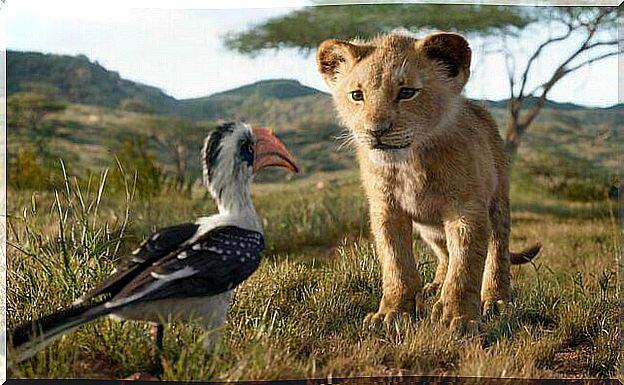
The Lion King : the importance of our planet
While not changing the original plot, The Lion King of 2019 presents a speech that, despite being present in the 90s, has been updated and has added value. We talk about the latent message throughout the film, which becomes explicit in several characters: the use we make of land resources, the value of nature.
The cycle of life is the key to the movie. Mufasa explains to Simba the importance of understanding that all beings are fundamental, from animals to plants. If greed ends up corrupting us and we start abusing the resources that the earth gives us, the cycle is broken and, therefore, life becomes impossible.
They, like lions, could be the “strong ones”, as they are the ones that feed on other herbivorous animals. However, Mufasa highlights the importance of the fact that their bodies, after death, will feed the land on which the plants are born, which, in turn, will be consumed by herbivores.
Thus, if everyone contributes and does not abuse their condition, life will be harmonious and possible, although in many cases it may seem unfair.
Scar is the character who embodies greed, corruption by power and the desire to possess everything. He doesn’t care that the other animals in the kingdom starve, that the plants don’t sprout from the earth anymore… In this way, we see how Scar contributes to the destruction of her own world.
This message establishes a clear parallel with our planet, with the climate emergency we are facing, and with the problems that arise from an unequal and abusive distribution of resources.
Without straying from the original, it retrieves a message and transports it to our closest current situation, making the audience identify with what they see on the screen.
The Lion King will always be the classic of Disney classics and probably, in a few years, we won’t even remember this new adaptation. We certainly won’t see it hundreds of times, as we did the first.
That doesn’t stop nostalgia from seizing us during the screening, making us remember our childhood, wanting to see the original again and forcing us to sing the songs that, for many, are part of the soundtrack of our lives.

